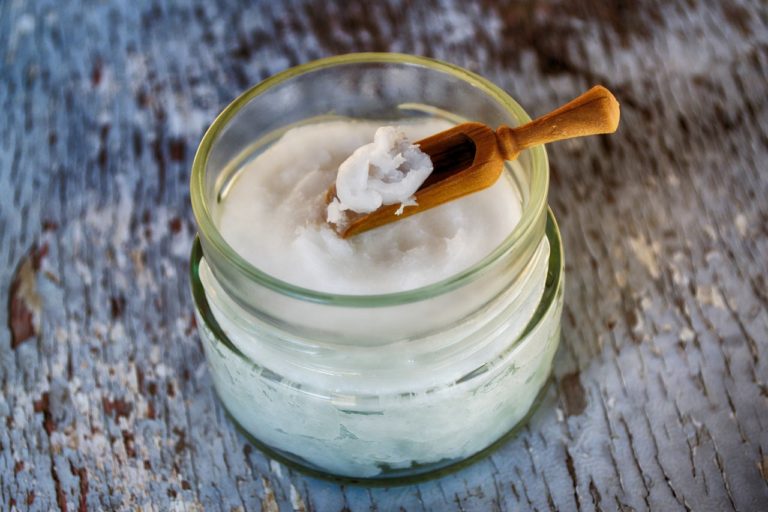Winter can be a stressful time for people who are prone to allergies and blocked sinuses. When the cold winds blow, the air gets dry, the skin feels rough, the lips are chapped, and worst of all—the throat is constantly itchy. The result? Troubled sleeping, frequent infections, and an uncomfortable environment. An ultimate solution to these endless problems for every season of the year is a humidifier.
This article will discuss a humidifier and why it is essential to get one for your home.
What is a Humidifier?
A humidifier is an appliance used to adjust the humidity levels in an area. Humidifier therapy adds moisture to the air and prevents the air from drying out your skin, eyes, nose, and lips. The device is especially helpful in winters when heating systems exacerbate the effect of the already dry air.
It uses a humidistat that senses the humidity levels in the room and a hygrometer that measures them. Ideally, it should be around 30 to 50 percent. Below 30% can cause dry skin, a bloody nose, and a sore throat. Above 50% has shown evidence of bacterial and fungal growth due to excessive moisture.
Why Should You Use a Humidifier?
Humidifiers can be beneficial in winters when the air is already dry and cold. Reduced humidity levels can cause respiratory problems, including sinus infections, nosebleeds, and trouble breathing. Moreover, it can also aggravate preexisting health conditions, such as asthma, emphysema, and so on.
Warmer Air
Contrary to popular belief, it is not heat that contributes to the air feeling warm but the humidity. When the air around you has less moisture, it can easily absorb the sweat from your skin and remove the natural moisture. This leads to drier skin, eyes, lips, and nose.
On the other hand, when the humidity levels in the air are high, it becomes harder for the air to absorb sweat from your skin. This means that your body will retain natural heat and feel warm even when the temperature levels are down. A humidifier helps warm up the air and keeps the environment comfortable during winter.
Good For Body
A humidifier has numerous health benefits. In winters, the dry indoor air can cause scaly skin, irritated eyes, bloody nose, and brittle hair. The reduced humidity can also clog your sinuses, increase the risk of infections, and make it easier to get sick. Already existing medical conditions, such as asthma, can also flare up.
A humidifier boosts the immune system of the body and prevents infections from setting in. By maintaining moisture, it prevents the transmission and survival of the influenza virus.

Protected Furnishings
If you have wooden flooring or furniture, the chances are that the dry and brittle environment would be detrimental to these items. Fluctuations in humidity levels can harm the integrity of the wood and lead to crack and splits in it.
A humidifier ensures the ideal environment to maintain the suppleness of wood. It also improves the longevity of your wooden furniture.
How Should You Clean a Humidifier?
Cleaning your humidifier is important to ensure that it hasn’t grown any bacteria or fungus in the water tank. The buildup of old water or minerals can lead to bacterial growth, which spreads into the environment and prove hazardous.
Ideally, you should clean your humidifier thoroughly once or twice a week. However, change the water in the tank daily.
Here are the steps you should follow while cleaning:
- The first thing to remember before cleaning any appliance is to ensure your safety. Always unplug your humidifier before you start to clean it since electricity and water are a deadly combination.
- The water tank is the hub of potential bacterial growth. Empty the tank, rinse, and dry the base efficiently. Don’t let any moisture stay in the tank. This step should be carried out every day.
- Once or twice a week, remove any mineral build-up with vinegar and bleach. Using cleaning chemicals or a 10% bleach solution, disinfect the tank. Remember to rinse thoroughly after disinfection to avoid any residue.
- If the humidifier uses filters, it is important to check them regularly.
Many people are hesitant to do the cleaning on their own due to lack of knowledge or time and have to call professionals for troubleshooting every time something goes wrong with their system. To avoid calling professionals every time your heater or air conditioner needs a fix, you can get yourself enrolled in programs that HVAC training modules to learn more about HVAC systems. These modules are taught by professionals whom you can consult regarding HVAC-related issues. So, the next time your system needs a clean or a quick fix, you can do it yourself at home without any external help!
Takeaway
In a nutshell, a humidifier can be a great help to your home in winters by keeping it warm and moist. The lack of usual winter coughs and sinus blocks is proof of how efficient this appliance can be. Hence, adding a humidifier to your HVAC is the best decision for your health and loved ones.

















